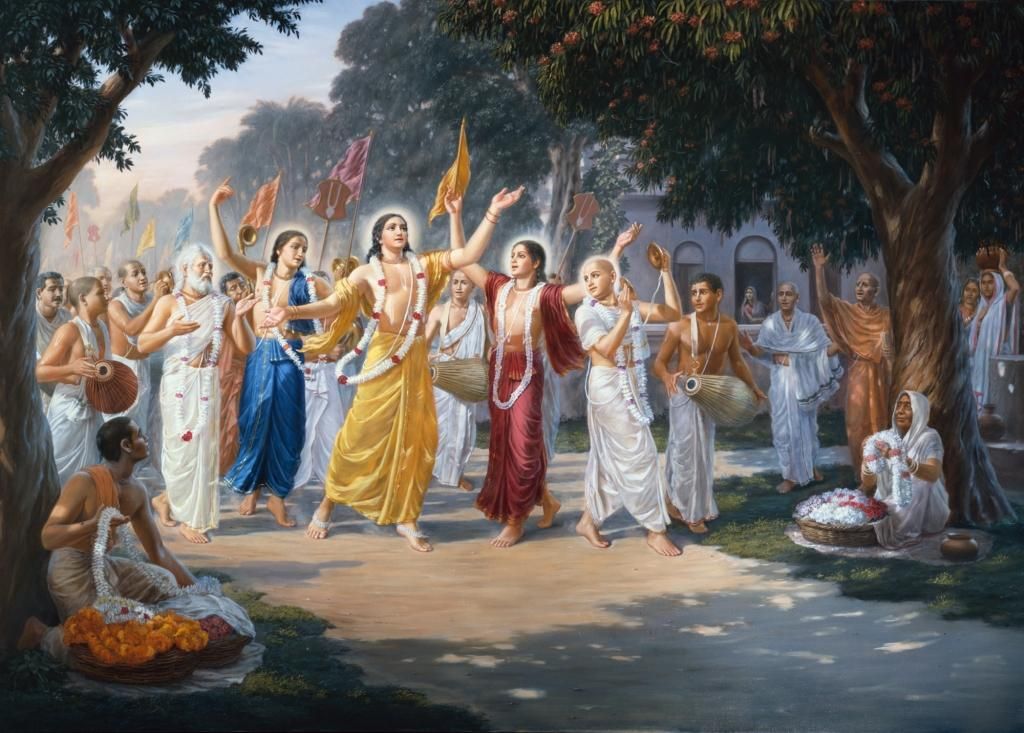In the path of devotion for Lord age, knowledge, wealth, caste, strength etc. does not matter. Even good karma and conduct doesn’t matter that much to Him.Vyaadh was a butcher and what good conduct did he do? Of what age was Prahalad when he called-out to Lord? What knowledge did Gajendra, the elephant had? What wealth did Sudama have? What noble cast was Vidur born into?
In the path of bhakti nothing like this matters. Bhakti loving Lord is made happy by bhakti itself. What he do sees is whether there is love in the heart of the devotee.
Good karma and conduct do have their own significance.Just like a sick person needs to digest food for the medicines to work in his body; in a similar manner, bhakti is like medicine for the sick worldly person while the food with which he derives energy is the good karma he does.
Narada Bhakti-Sutra says, “Sa tvasmin parampremarupa” –the nature of bhakti is of perfect love for the lord devoid of any personal desires or external motives and conditions. So, bhakti is not a conditional state of mind and the love thus felt by a devotee is unconditional.
 There is no formula or prescription in the path of bhakti but there are nine types of bhakti. A devotee can practice one or as many forms of bhakti they want to. Even a single one when practiced diligently is enough to please the Lord. However, these nine forms are harmoniously inter-connected and help a devotee in the path of devotion. They are:
There is no formula or prescription in the path of bhakti but there are nine types of bhakti. A devotee can practice one or as many forms of bhakti they want to. Even a single one when practiced diligently is enough to please the Lord. However, these nine forms are harmoniously inter-connected and help a devotee in the path of devotion. They are:
- Shravan or hearing the names and glories of the Lord
- Keertan or chanting His glories
- Smaran or remembering the Lord
- Paada seva or serving the Lord’s feet
- Poojan or worshiping the Lord
- Vandan or offering obeisance unto the Lord
- Daas-bhaav or serving the Lord as His servant
- Sakhya-bhaav or developing friendship with the Lord
- Aatma-nivedan or total surrender of oneself to the Lord









Comments & Discussion
29 COMMENTS
Please login to read members' comments and participate in the discussion.